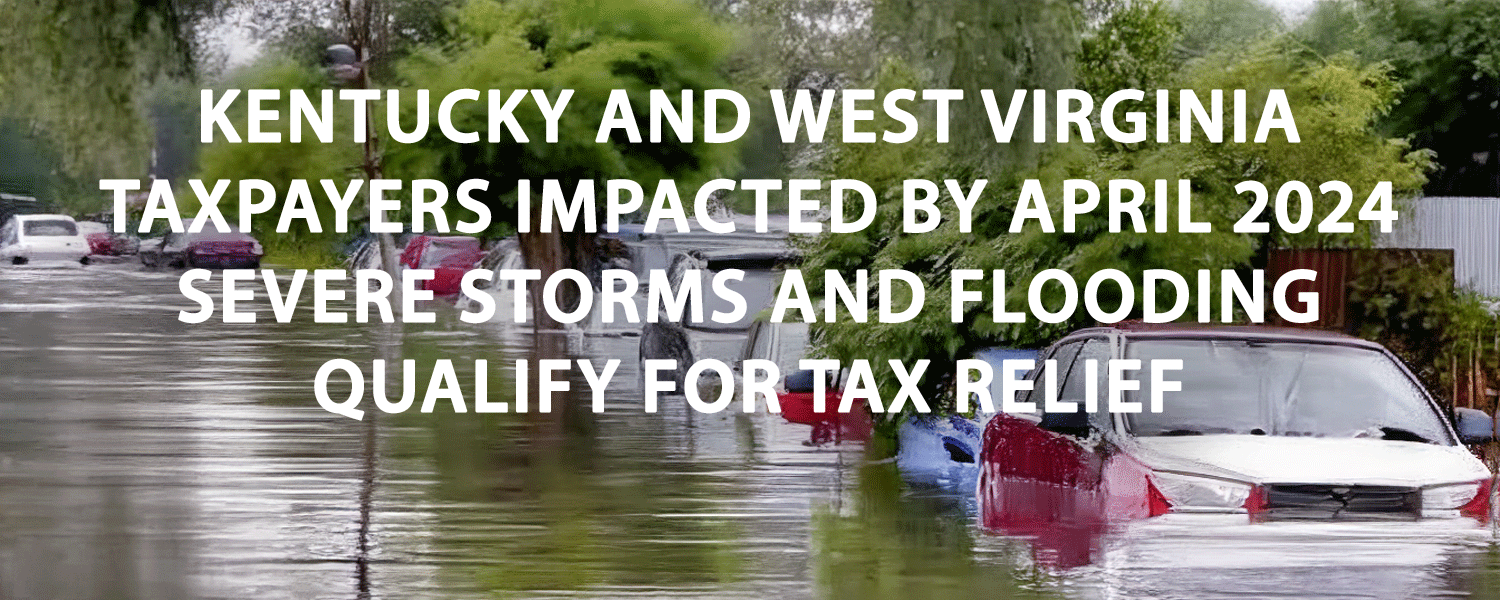Did A California Decedent Fail To Title An Asset Into A Trust And You Are Looking To Avoid Probate? Consider utilizing a Heggstad Petition.
In the realm of estate management and planning, a Heggstad petition plays a crucial role when a California decedent has neglected to formally transfer their property into their trust prior to passing. This mechanism is particularly significant as it provides a streamlined process to transfer the decedent’s property into the trust without the oftentimes lengthy and cumbersome probate process.
What Is Probate?
Probate is the field of law that determines how an estate must be divided. Each state has its own laws and statutes requirements to determine if and how an estate must be probated. The probate court will supervise the process when a deceased person (a decedent) leaves assets to distribute, such as bank accounts, real estate, and financial investments with or without a will. The probate court provides the final ruling on the division and distribution of assets to beneficiaries.
In many cases, the decedent has established documentation, which contains instructions on how their assets should be distributed after death and designates in such documents who oversees implementing this process. This involves collecting the deceased’s assets to pay any remaining liabilities on their estate and distributing the assets to beneficiaries. Where a decedent fails to establish such documents while alive, State law and the probate courts will dictate how the estate is administered and to whom assets get distributed to.
Probate With a Will
A deceased person with a Will is known as a testator and he or she is deemed to have died “testate.” When a testator dies, the person designated as the executor under the Will is responsible for initiating the probate process. The probate process for a testate estate includes distributing the decedent’s assets according to the Will.
Probate Without a Will
When a person dies without a Will, a person is to have died intestate. An intestate estate can also occur when a written Will is presented to the probate court and the probate court has been deemed the Will to be invalid. The probate process for an intestate estate includes distributing the decedent’s assets according to State law.
What Is The Probate Process?
A probate court proceeding begins with the appointment of an administrator or executor to oversee the estate of the deceased person. Such personal is typically called the “personal representative.” The personal representative receives all legal claims against the estate and paying off the outstanding debts. Also, the personal representative is tasked with locating any legal heirs of the deceased, including surviving spouses, children, and parents. Then the probate court will assess what assets need to be distributed among the legal heirs and how to distribute them.
The probate process can take a long time to finalize and can become costly, therefore it is important to know whether a probate is required following the death of an individual. The more complex or contested the estate is the more time it will take to settle and distribute the assets. Furthermore, the proceedings of probate court are publicly recorded so avoiding probate would ensure that all settlements are done privately.
Utilizing A Heggstad Petition.
After a decedent dies and it is determined that there is an asset or group of assets that were intended to be placed in a trust while the decedent was alive but in fact such assets were never titled in the trust, utilizing a Heggstad Petition may be the way to go to avoid a full-blown probate administration.
Originating from the California court case, Estate of Heggstad, this legal petition offers a testament to the intention of the deceased, allowing a trust to serve its intended purpose — minimizing estate taxes, avoiding probate, and ensuring a smooth transition of assets to the beneficiaries.
California Probate Code 850 is where the ruling of the case of the Estate of Heggstad is codified. It allows the option of skipping the expensive and long task of probate by using a Heggstad petition in California. If a Heggstad petition is successful and the probate court agrees there is sufficient evidence that the asset or property was to be part of the trust, then the petitioner (usually a trustee successor of the trust) will receive a court order verifying that the property or asset is indeed a part of the decedent’s trust. A piece of property may be excluded from a trust for several reasons such as, extenuating circumstances that prevented the decedent from transferring the property, decedent passed away before transfer or property was completed, property was taken out of the trust for a limited time and never put back in the decedent’s trust, a decedent thought the property was transferred but there was a mistake or oversight in the documentation, the decedent forgot to transfer the property, or the decedent did not know how to properly transfer to the decedent’s trust.
Usually, the process of securing an Order from the probate court after filing of a Heggstad petition takes between 2 and 4 months, which is a much shorter timeline than the probate court’s timeline of 18 to 24 months on average. In order for a Heggstad petition to be approved certain documents and evidence should be gathered to be submitted. Documents needed include a copy of the living trust, schedule of assets for the living trust, property deed(s), information about the decedent, heirs, and beneficiaries. Furthermore, evidence proving that the decedent’s original intent was to include the asset or property in the trust is necessary to having a Heggstad petition approved and successful in court. A Heggstad petition is a great alternative to going through a full-blown probate to deal with a situation where assets or property were not included in a decedent’s trust.
What Should You Do?
Legal professionals frequently advise the thorough completion of trust funding to obviate the need for a Heggstad petition; however, it remains an invaluable tool for trustees and beneficiaries alike when facing the challenges posed by incomplete estate plans. It underscores the critical importance of meticulous estate planning and the invaluable safeguard a well-drafted Heggstad petition can serve as against the unpredictability of probate proceedings, thus ensuring that the decedent’s wishes are honored and the beneficiaries are protected.
Consider reaching out to a Trusts and Estates and/or Probate Attorney such as those at the Law Offices Of Jeffrey B. Kahn, P.C. We are always thinking of ways that our clients can save on taxes, trusts and estates planning, and probate matters. The tax attorneys at the Law Offices Of Jeffrey B. Kahn, P.C. located in Orange County (Irvine), Los Angeles and elsewhere in California are highly skilled in handling tax and probate matters and can effectively represent at all levels with the IRS and State Tax Agencies including criminal tax investigations and attempted prosecutions, undisclosed foreign bank accounts and other foreign assets, and unreported foreign income. Also, if you are involved in cannabis, check out what our cannabis tax attorney can do for you. Additionally, if you are involved in cryptocurrency, check out what a bitcoin tax attorney can do for you.










